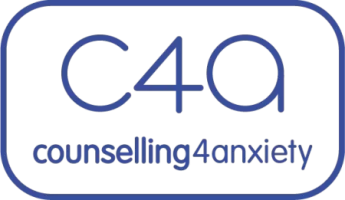There are many triggers and underlying psychological factors that aggravate OCD (Obsessive Compulsive Disorder). One of them is feelings around heightened responsibility that people who have OCD feel, and who then attempt to take actions to meet this feeling of ultimate responsibility.
For example, people with OCD feel that they can change catastrophic or difficult future events by carrying out some type of action, as though they alone can change the outcome for someone or people they love, solely by their actions. I stress 'their' since they truly believe that a thought about something disastrous happening to someone they love can be changed if they take responsibility and do something about it. This could be by moving something, or stepping away from a crack in the pavement or if they carry out another action. We could describe these actions as magical thinking, but we should not under-estimate how much people who have the condition get caught up in the obsessive and compulsive behaviours, because they believe that they can make a difference to the outcome.
They therefore take matters upon themselves and this acute sense of responsibility, of being able to do something to change an outcome, (even though they realistically have no real control over the outcome of an intrusive thought), is something that should be worked through with clients who are experiencing OCD ruminations or behaviours.
For example, a client that I worked with who is a teacher, had been under pressure to fill in UCAS and university references for young people applying to university. She also felt the need to let students access her as much as possible during their breaks, and felt an acute sense of responsibility for their professional futures. These two elements went together hand in hand.
This led to her feeling more anxious, thereby fuelling her sense that she was critical to a positive outcome and had to do more, leading to a cycle of stress, anxiety and hopelessness. This ultimately led to intrusive thoughts which increasingly exacerbated the situation. The levels of responsibility had therefore formed an underpinning thought pattern that ultimately led to higher stress and anxiety levels, which then created the environment for intrusive thoughts to affect her.
Exploring feelings and levels of responsibility are therefore areas of work which should be conducted by therapists working with people who have OCD.

